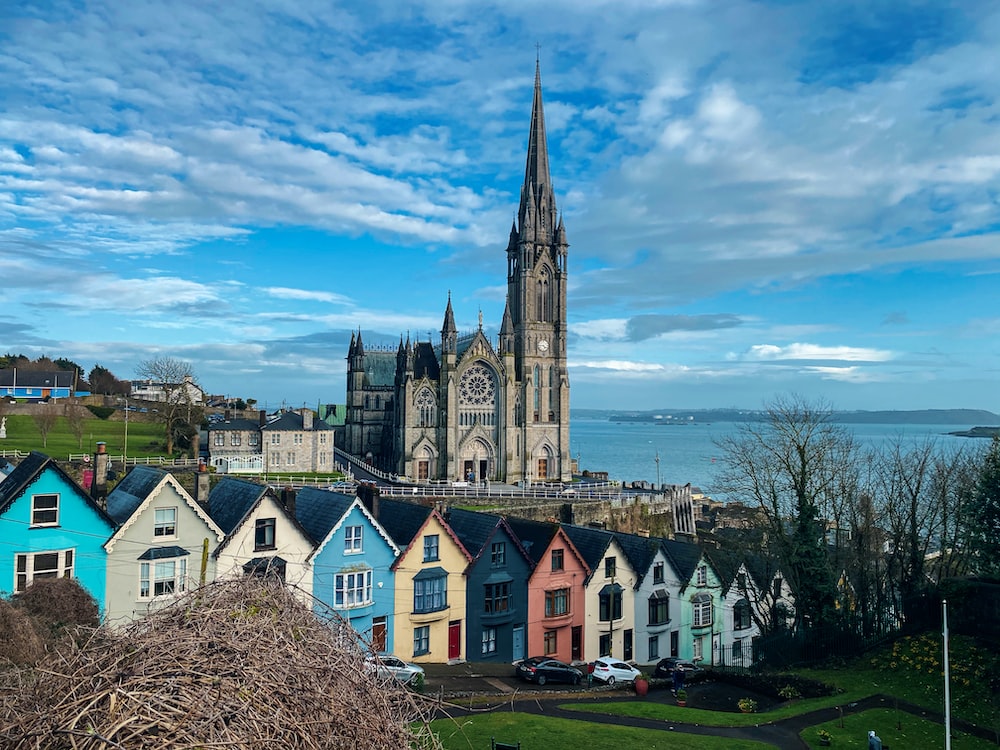VISITOR VISA
Visitor visas are typically short-term and are granted for a specific period, often ranging from a few weeks to several months. The requirements and regulations for obtaining a visitor visa can vary from one country to another, but here are some common aspects to consider when applying for a visitor visa:
-
Eligibility: Ensure that you meet the eligibility criteria for a visitor visa in the country you intend to visit. Eligibility may depend on factors such as your nationality, the purpose of your visit, and your ties to your home country.
-
Visa Application: Visit the official website of the embassy or consulate of the country you wish to visit to access the visitor visa application form and guidelines. Complete the application accurately and provide all required documents, which may include:
- A valid passport with a minimum validity period (typically six months).
- Visa application fee payment.
- Passport-sized photographs meeting specific requirements.
- Proof of sufficient funds to cover your stay and return travel expenses.
- An invitation letter from a host or a hotel reservation (if applicable).
- Travel itinerary and proof of onward travel (return ticket).
- Travel insurance (if required).
- Any additional documents specified by the host country’s immigration authorities.
-
Travel Insurance: Some countries may require visitors to have travel insurance to cover medical emergencies and other unexpected situations during their stay.
-
Purpose of Visit: Be prepared to clearly state the purpose of your visit, whether it’s for tourism, visiting family and friends, or attending a special event. Your documents and statements should align with the stated purpose.
-
Financial Proof: You may need to provide evidence of sufficient financial means to support your stay and return travel. This typically includes bank statements, pay stubs, or other financial documents.
-
Invitation Letter (if applicable): If you’re visiting friends or family, they may need to provide an invitation letter stating their relationship to you, your intended duration of stay, and their responsibility for your accommodations and financial support.
-
Interview: Some countries require an in-person interview as part of the visa application process. Prepare for the interview by being able to explain the purpose of your visit and your ties to your home country.
-
Visa Processing Time: Apply for your visitor visa well in advance of your intended travel dates, as processing times can vary. Check with the embassy or consulate for estimated processing times.
-
Visa Duration: Visitor visas are typically granted for a specific duration, often ranging from a few weeks to several months. Be sure to comply with the visa’s validity period and exit the country before it expires.
-
Visa Extensions: Depending on the host country’s regulations, you may be able to apply for a visa extension if you wish to prolong your stay.
-
Compliance with Local Laws: Once you have a visitor visa, it’s crucial to respect the laws and regulations of the host country during your stay.
Keep in mind that visitor visa requirements and application procedures can vary significantly from one country to another. It’s essential to consult the official website of the embassy or consulate of the host country for the most up-to-date and country-specific information on visitor visa requirements and application procedures. Additionally, it’s advisable to consider travel insurance and to seek assistance from experienced experts if needed.



